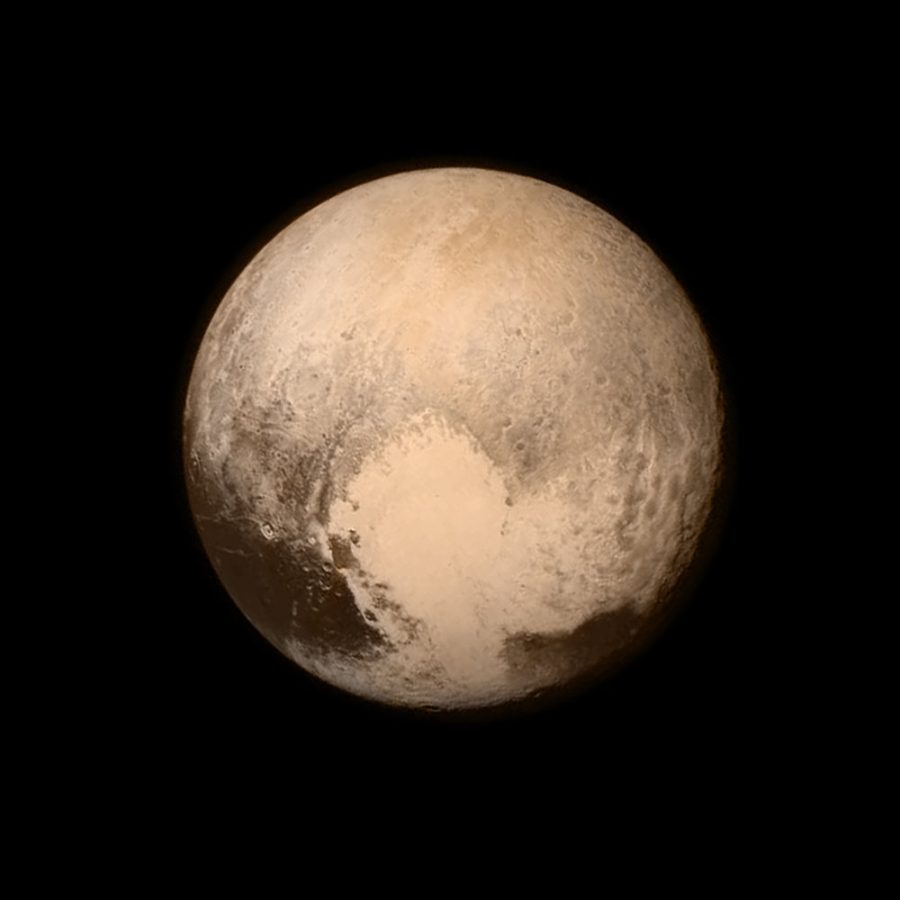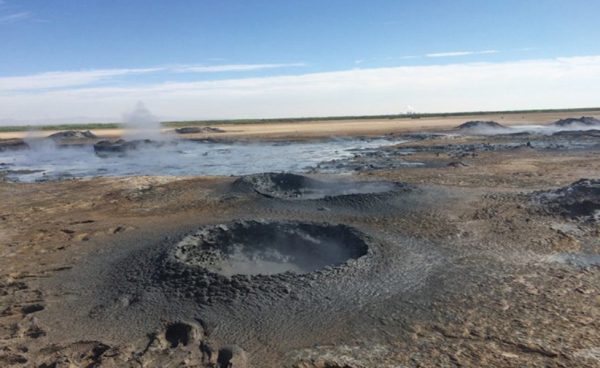Demoted Pluto may return to planetary status
Pluto, the once and possibly, future planet.
December 15, 2018
Do you remember when Pluto was once a planet? Most students do not remember, but it was. And then, it wasn’t.
On August 24, 2006, scientists from the IAU (International Astronomical Union) demoted Pluto from full planetary status to a dwarf planet.
Scientists claimed that Pluto is too small to be a real planet because it can’t clear the area around its orbit; therefore removing its title as a planet.
This decision remains controversial to this day. Recently, new evidence has been found that supports Pluto’s status as a planet. This “new” evidence is actually quite old, ranging from 1802 to the modern day. It focuses on astronomic literature, instead of the dwarf planet itself. A few scientists from NASA got together and dug deeper into the history of “planets.”
Apparently, scientists since the 1800s have regarded anything ranging from an asteroid, to a small planet, to even the sun as a planet. Pluto was seen as the “lonely planet” and “hailed as the last of the solar system” by many. “I’m embarrassed for astronomy,” Alan Stern told Space.com in 2006. “Less than 5 percent of the world’s astronomers voted.” Stern was in charge of NASA’s New Horizon’s mission to Pluto and is a co-author of the new study.
“It’s a sloppy definition,” Philip Metzger, a planetary physicist at the University of Florida in the US, told The Register. “They didn’t say what they meant by clearing their orbit. If you take that literally, then there are no planets, because no planet clears its orbit.”
Science teacher Anthony Dunn ’82 said, “I think Pluto should be a planet. The only criteria that I think helps determine a planet’s status is if an object has enough mass to pull itself into a spheroid. I personally believe that its unusual to classify objects physically over dynamically.”
He added, “I think the only reason why Pluto was demoted was because it didn’t have a gravity strong enough to clear its orbit, yet when you look at Pluto’s properties, you could say Pluto is a “super planet”. Pluto has five moons, and scientists have even found ice on Pluto, which means that Pluto has Earth-like properties.”
IAU’s three basic rules that support a planet’s status are: 1. A planet must be large enough to have a gravity great enough to give it a round or nearly round shape (such as an asteroid); 2. A planet must orbit a sun, and a sun only. It cannot orbit any other planet, such as a dwarf planet, or other celestial bodies); 3. A planet must clear the neighborhood around its orbit. This means that a planet must be clear of any considerably large orbiting masses from a distance around its own orbit. The IAU stated that Pluto could not be a planet because it violated the third rule, as its orbit overlapped with Neptune’s.
For now, until the IAU rules otherwise, Pluto will remain demoted. And so, instead of the lonely planet, it will be known as the former planet.













